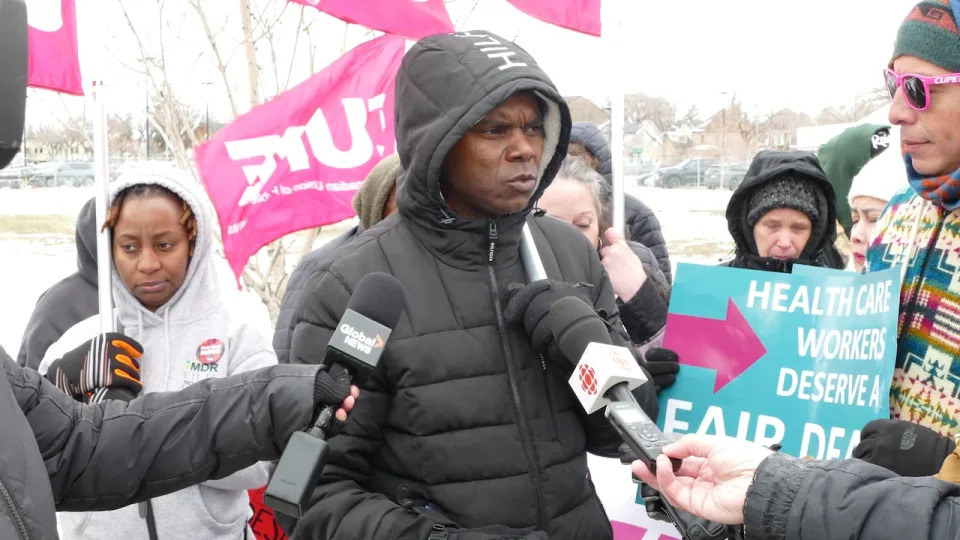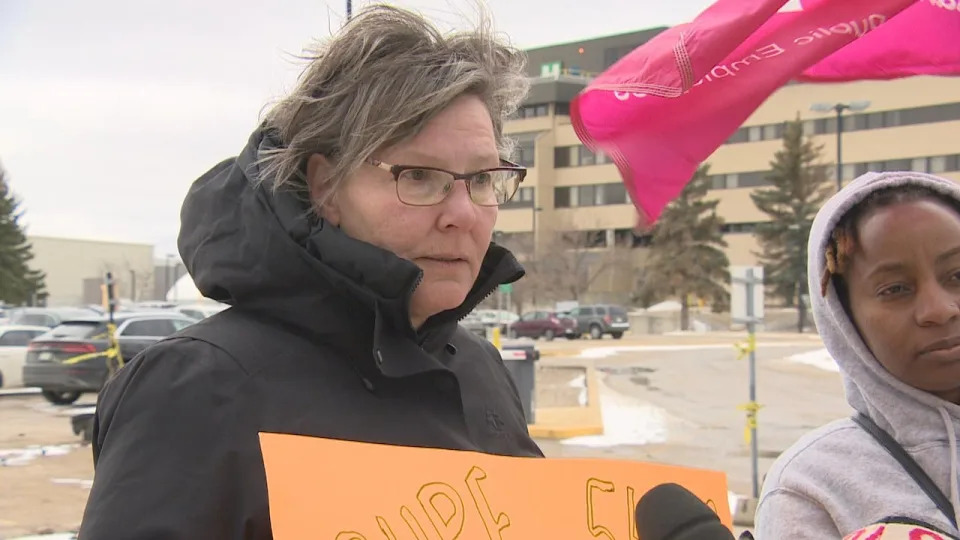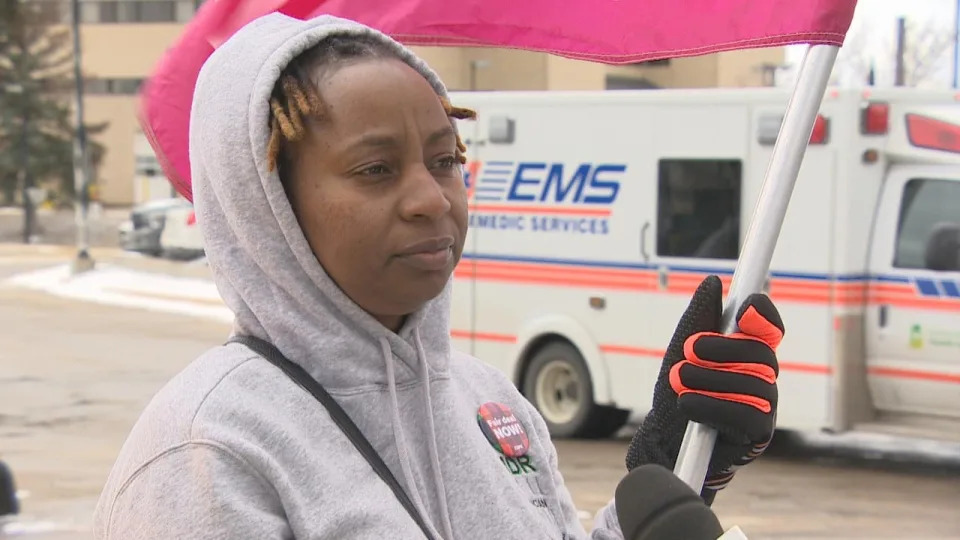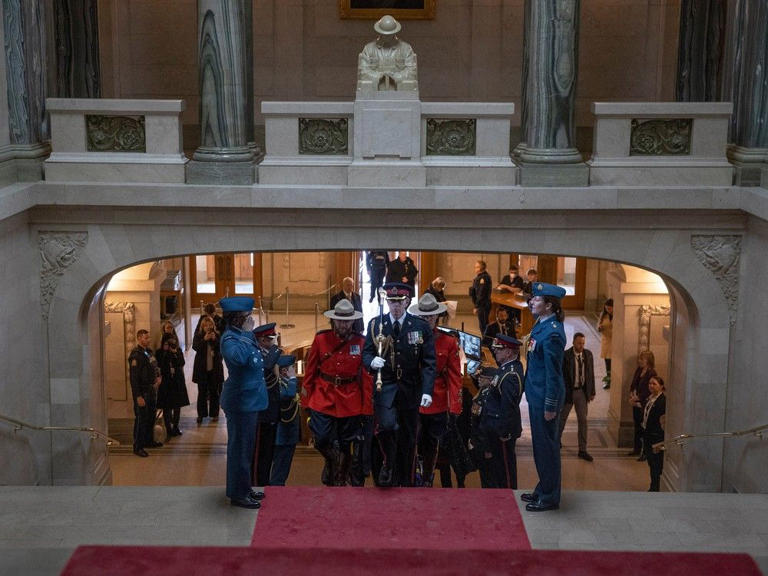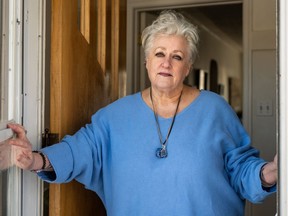Goehring & Rozencwajg: U.S. shale production peaked in late 2023 and is now declining.
Geological depletion rather than market dynamics poses the biggest challenge.
Novel technologies like CO2 injection offer hope for extending oil field lifespans.
With just a month left before U.S. President-elect Donald Trump begins his second term at the Oval Office, oil prices have been struggling to find direction, intensifying the notion that oil markets seem content to wait for him to take office.
Trump has repeatedly vowed that he’ll push shale producers to ramp up output, even if it means operators “drill themselves out of business.”
But it’s not clear how he intends to accomplish this feat since U.S. oil is produced by independent companies and not a national oil company (NOC).
Last month, Exxon Mobil’s (NYSE:XOM) Upstream President Liam Mallon dismissed the notion that U.S. producers will dramatically increase output under a second Trump term. However, Trump’s drilling ambitions might be thwarted by an even bigger challenge: U.S. oilfields could be nearing their final act.
According to Goehring & Rozencwajg LLC, a fundamental research firm specializing in contrarian natural resource investments,
The contrarian investors have compared the unfolding situation to the oil crisis of the 1970s. They note that President Nixon responded to the first OPEC oil crisis in 1973 by launching Project Independence, which aimed to reverse the decline in U.S. output through deregulation and expedited permitting.
To exacerbate matters, U.S. producers won’t have the incentive of high prices under a second Trump administration: A new survey from law firm Haynes Boone LLC has revealed that banks are gearing up for oil prices to fall below $60 a barrel by the middle of Trump’s new term.
Enhanced Oil Recovery
That said, there’s a growing likelihood that more novel technologies will come along and jumpstart U.S. oil and gas production, much like hydraulic fracturing revolutionized the U.S Shale Patch two decades ago. New research has revealed that injecting near-depleted oil wells with CO2 can extend their productivity for decades. Calgary-based senior geological advisor Menhwei Zhao has conducted an AAPG Bulletin study regarding the use of CCS in Enhanced Oil Recovery (EOR). He analyzed more than 22 years of production data from the Weyburn Midale oil pool in Saskatchewan, which since 2000 has been receiving carbon dioxide injections thus making it the world’s longest-running EOR project. Zhao concluded that the pool would have stopped producing oil by 2016 without CO2 injection, but that “enhanced oil recovery could extend the pool’s lifespan to 39 or even 84 more years.” Although Zhao acknowledges that he focused on a specific project in Canada, he says he would expect to see “similar results” for large-scale CCS projects around the world.
Zhao’s claims might not be exaggerated: The Wasson Field’s Denver Unit CO2 EOR project resulted in a nearly seven-fold increase in crude production after injecting CO2.
Crude oil production in U.S. oil fields frequently encompasses three distinct phases: primary, secondary, and tertiary (or enhanced) recovery. During the primary recovery phase, gravity, the natural pressure of the reservoir and artificial lift techniques are used to drive oil into the wellbore. This initial phase typically recovers only about 10 percent of a reservoir's original oil in place (OOIP). Secondary recovery techniques are used to extend a field's productive life usually by injecting water or gas to displace oil and drive it to a production wellbore, typically resulting in the recovery of 20 to 40 percent of OOIP.
However, much of the easy-to-produce oil has already been recovered from U.S. oil fields, forcing producers to turn to several tertiary, or enhanced oil recovery (EOR), techniques. EOR technologies offer prospects for ultimately producing 30 to 60 percent, or more, of a reservoir's OOIP.
Three major categories of EOR have been found to be commercially successful: gas injection, chemical injection and thermal recovery. Gas injection is the most common EOR technology in the United States, accounting for nearly 60 percent of EOR production in the country. Gas injection uses gasses such as CO2, natural gas, or nitrogen that expand in a reservoir to push additional oil to a production wellbore while other gasses dissolve in the oil and help to lower its viscosity and improve its flow rate. CO2 injection has been used successfully throughout the Permian Basin of West Texas and eastern New Mexico, as well as in Kansas, Mississippi, Wyoming, Oklahoma, Colorado, Utah, Montana, Alaska, and Pennsylvania.

Source: DoE
The U.S. DoE is currently researching novel techniques that could significantly improve economic performance and expand the applicability of CO2 injection to a broader group of reservoirs. The DoE estimates that next-generation CO2-EOR has the potential to produce over 60 billion barrels of oil that would otherwise be left trapped in the rocks. It would take around 13 years for U.S. producers to pump that volume of oil at the current clip of ~13 million barrels per day.
By Alex Kimani for Oilprice.com
Natural depletion in shale reservoirs is signaling the end of rapid growth.
Despite advancements like AI driving cost reductions and improving well output, there are physical and technological limits to shale production.
Declining prime acreage and natural reservoir limits suggest that U.S. shale’s production growth peak is near.
U.S. shale is the biggest source of oil and gas output growth on a global scale. It’s in every forecast and projection that sees continued depression in oil prices. But that role as a growth driver might be coming to an end due to natural processes.
Well productivity and efficiency improvements have been in the spotlight of U.S. shale oil and gas discourse ever since the industry served up a massive surprise to analysts by reducing the total rig count but boosting production by 1 million bpd last year.
The unexpected jump in output was attributed to efficiency gains that made it possible for drillers to extract more oil at lower cost, driving the substantial increase in 2023 overall production of hydrocarbons. Now, the Energy Information Administration has predicted that productivity improvements and efficiency gains would continue driving output higher. The question, as usual, is just how high.
In its latest Shot-Term Energy Outlook, the EIA forecast that total U.S. oil production next year would hit 13.5 million barrels daily. That would be up from an estimated 13.2 million barrels daily this year. The estimated 2024 average itself was an increase from 12.9 million bpd for 2023. In other words, over the past two years, total U.S. production of crude oil has increased at a rate of 300,000 barrels daily. Yet shale specifically boomed—but this is about to end.
Well productivity in the Permian, the star shale play in the U.S. unconventional oil and gas industry, has declined by 15% since 2020, according to data from Enverus. However, at the same time, producers are drilling longer wells, and they are doing it more efficiently than before, squeezing ever more oil and creating a perception that there are no limits to the technological advancements that can keep that oil flowing.
As usual, there is a “but”. In this case, it goes like this: U.S. shale drillers—and, more specifically, drilling service providers—have done wonders of efficiency, but there are limits to all technological advancements. More importantly, there are also natural limits to shale reservoirs.
“We’ve tripled oil production in the last 15 years and we have doubled natural gas production.” But “there’s not a lot of gas left in the tank,” the chief executive of Quantum Energy Partners, Wil VanLoh, told Bloomberg back in September. “The US shale revolution has run its course,” VanLoh also said at the time, echoing warnings that some investors have been voicing for years, namely, that the pace of production growth that the U.S. shale industry has been keeping is unsustainable over a longer term.
Yet this doesn’t mean that growth is over for good. For one thing, AI has entered the oil patch and is helping drive additional efficiency gains, which has lowered breakeven costs in some parts of the patch, motivating higher production. According to Evercore ISI, AI and other tech could bring costs in the shale patch down by double digits as soon as this year. “There’ll be significant cost savings, at a minimum double digits, but probably in the 25% to 50% of cost savings in certain scenarios,” one analyst from KPMG, which compiled a report on the topic, told Bloomberg earlier this year.
There is also the factor of resilient demand for oil—perhaps more resilient than some forecasters would like it to be. This is, in fact, the strongest motivator for production growth anywhere. If there is demand for oil, there will be supply to respond to that demand—especially if producers can get the oil out of the ground more cheaply than before.
This is precisely what’s happening in much of the shale patch. In the Permian specifically, output from newly drilled wells has increased from some 350,000 bpd back in 2019 to over 450,000 bpd this year, per a recent report by the Energy Information Administration looking into the effects of improved efficiency in well output among 34 public oil companies. In evidence of the constraints that the industry faces, these same 34 public companies are currently producing as much oil as they were producing at the start of 2020—despite all the efficiency improvements, productivity gains, and lower costs.
Some would explain this with weakening demand, even though the oil demand growth trajectory remains on an upward curve despite apocalyptic predictions. A more likely reason for the EIA data—besides the devastating impact of pandemic lockdowns on demand—is natural depletion in some fields that offset stronger-than-expected growth in others.
U.S. shale producers are doing more with less, which has become something of their modus operandi in the past few years. Yet natural depletion is one fact of life that no one can change, and this fact of life means that as drillers run out of prime acreage and move on to relatively lower-quality reservoirs, production growth peak is on the horizon, as oilfield veteran David Messler wrote for Oilprice last year. Efficiency gains are certainly important—especially for investors who expect a steady stream of returns—but like everything else, these can’t last forever.
By Irina Slav for Oilprice.com



